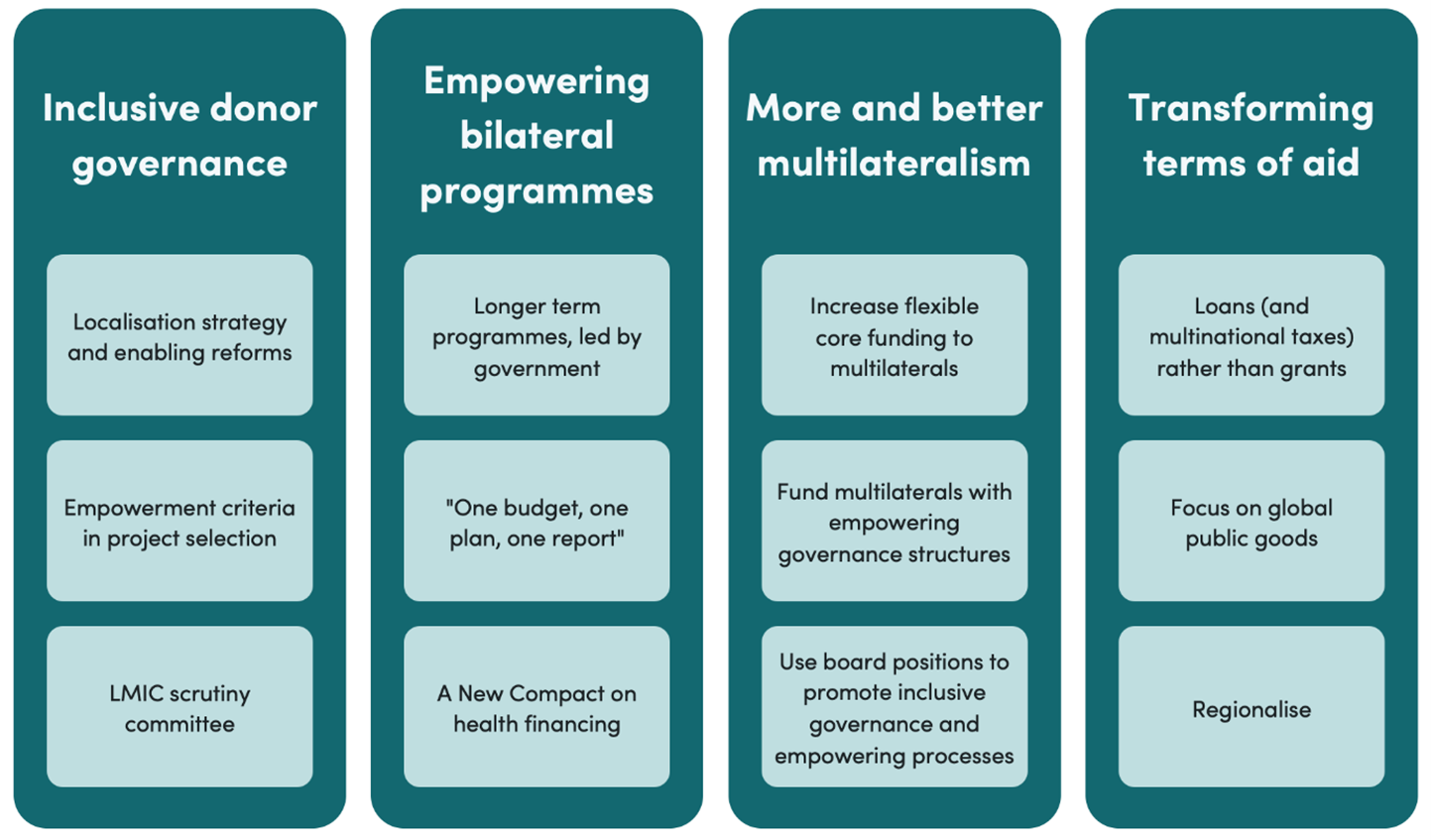This is a joint posting with Casey Dunning.The
Senate Foreign Relations Committee passed a State Department authorization
bill for the first time in
five years this week, which covers a variety of programs at the State Department, USAID, MCC, and related agencies. The bill includes key policy fixes for the MCC, including redefining the MCC’s low income candidate group as the 75 poorest countries – the recommendation we recently
proposed.The technical fix in defining candidate income categories helps ensure the MCC can continue to work with a robust pool of well-governed poor countries. The legislation redefines the low income country category to be the 75 poorest countries and the lower middle income country category to be from the 76
th poorest country (at the lower bound) to the World Bank’s LMIC threshold (at the upper bound). In short, this means that the MCC now has a stable group of countries with which to work
and countries will continue to graduate out of MCC candidacy. As explained in our
paper and InterAction’s MCA working group
letter of support, the fix opens the door for second compacts with well-performing LMICs and makes the 25 percent LMIC funding cap much more realistic.In addition to new candidate income definitions for the MCC, the authorization bill also includes longer, concurrent, and subsequent
compact authorities. With congressional notification, compacts can be extended from five to seven years. Countries may also have concurrent compacts (previous drafts of the legislation limited countries to three concurrent compacts; the marked-up bill does not limit the number of concurrent compacts). As we and others--including Senators Kerry and Lugar--have
argued, the ability to have multiple compacts prevents the temptation to put everything into one compact because countries feel they have only one bite at the apple, which can slow progress and increase the risk of not meeting compact goals within the time frame. There is also a permanent legislative fix for countries that move from low income to lower middle income status: a transitioning country can now retain its low income status for the year of its transition and for two subsequent fiscal years. The Foreign Relations Authorization Act also:
- Increases funding for the State Department and USAID Foreign Service Corps.
- Establishes an Office for Global Women’s Issues, headed by Ambassador-at-Large Melanne Verveer. (Just yesterday Secretary Clinton announced the “Secretary’s International Fund for Women and Girls,” a public-private partnership that will provide high-impact grants to NGOs around the world. The fund will be administered by this new office.)
- Authorizes funds for the United Nations, including support to peacekeeping operations in countries ranging from Haiti to Sudan.
- Encourages modernization efforts at the State Department (as yet undefined).
- Expands the authority of the Office of the Inspector General for USAID.
- Promotes the participation of minorities and women in the Foreign Service (by amendment).
Senator Kerry
said that the authorization “provides our diplomats and development experts the tools and guidance needed to advance our interests and national security priorities both now and in the future…I hope the full Senate will take this legislation up quickly to enact these measures into law.”
CGD blog posts reflect the views of the authors, drawing on prior research and experience in their areas of expertise.
CGD is a nonpartisan, independent organization and does not take institutional positions.





